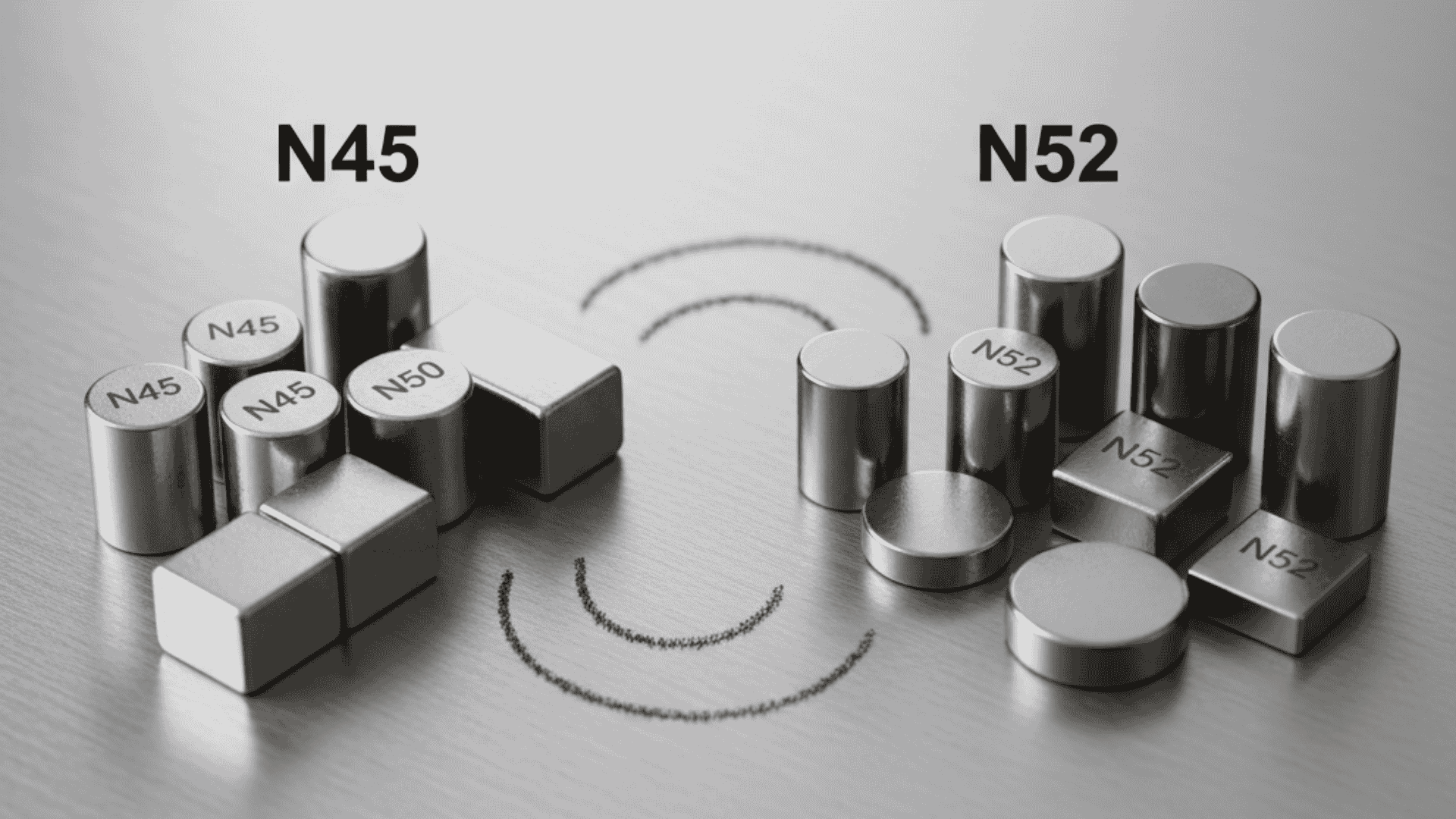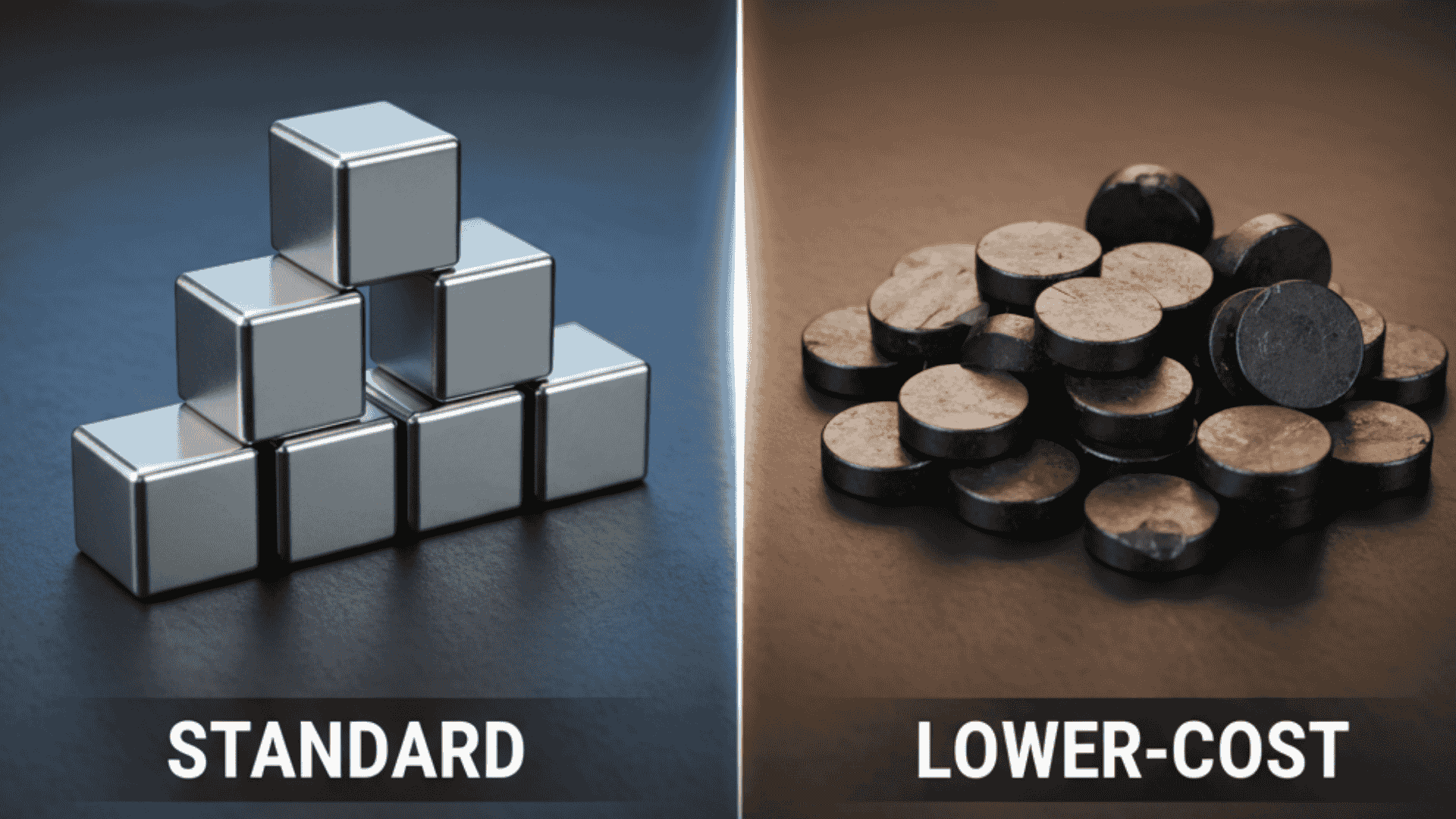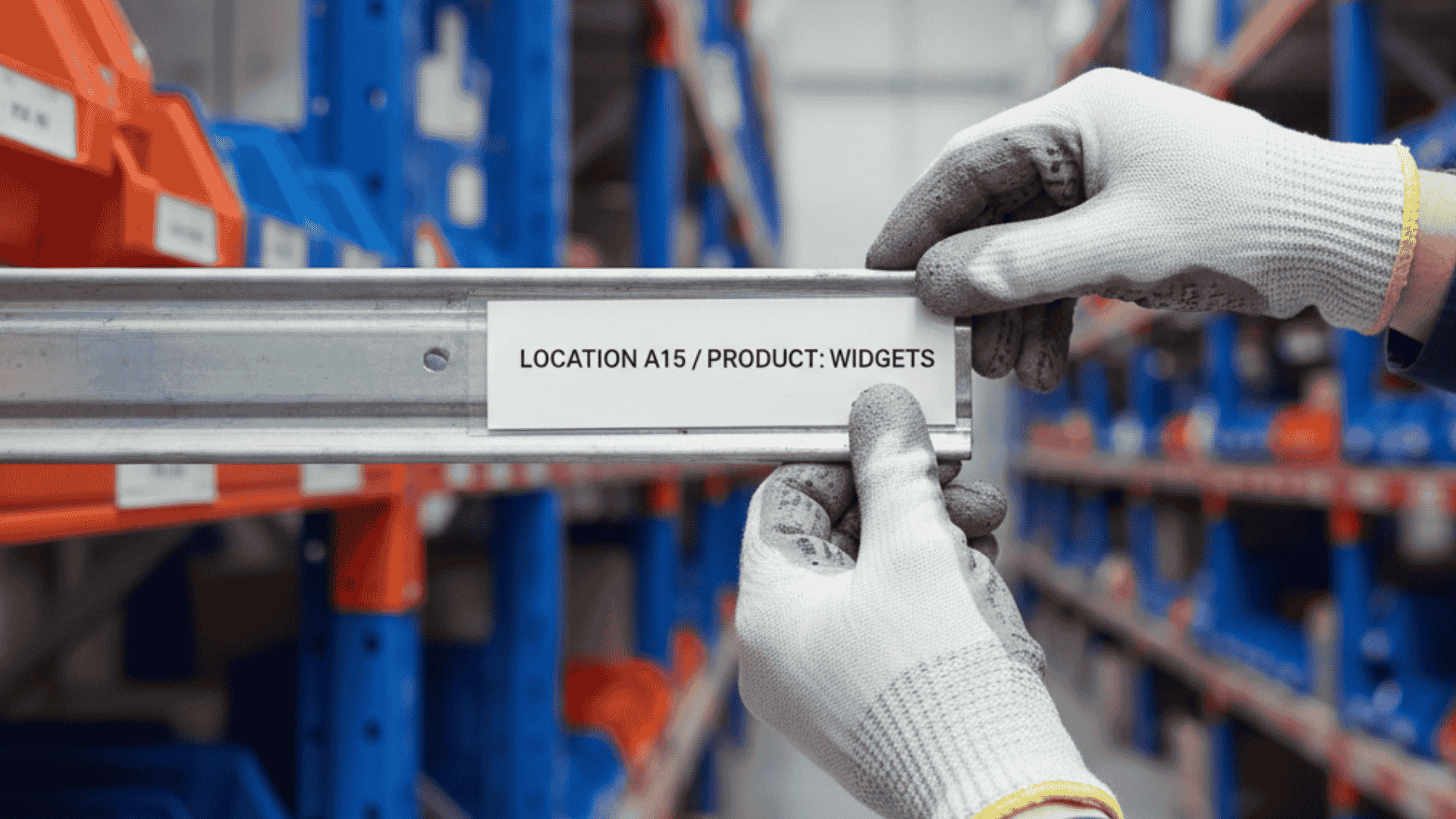

Industrial magnets are incredibly strong and are used in countless ways to make machines work better, make processes more efficient, and create products we use every day.
In this blog, we’ll explore the many uses of magnets in industries, how they help businesses, and why they are essential for commercial success.
Industrial magnets are magnets designed for use in heavy-duty applications. Unlike the small magnets you might see on a refrigerator, these are much larger and stronger.
They come in various shapes, sizes, and materials, each suited to specific industrial needs. Industrial strength magnets are made from materials like neodymium magnets, ferrite, and alnico, which give them incredible magnetic power. Their strength allows them to lift heavy objects, sort materials, and even create electricity.
One of the biggest uses for magnets in industry is in manufacturing. Industrial magnets are used in production lines to move objects quickly and efficiently.
For example, in factories that make cars, magnets help lift and place metal parts into the correct position. This makes the process faster and safer for workers. Magnets are also used in assembly lines to keep tools and components organized.
Magnets and their uses in manufacturing don’t stop there. They play a big role in creating clean, high-quality products. Magnets are often used to separate unwanted materials, like small pieces of metal, from food or other products during production. This ensures the items are safe for customers and meet industry standards.
Have you ever wondered how recycling centers sort different types of materials? Industrial magnets are the answer. These magnets are used to separate metals like steel and iron from non-metallic materials. This is especially important because it makes recycling much more efficient and helps reduce waste.
Magnets in industry are also used to clean up the environment. They are employed in waste management to pick up metal scraps from landfills and construction sites. This makes it easier to recycle these metals and use them again in new products.
The construction industry relies on industrial strength magnets for several critical tasks. Cranes fitted with powerful magnets can lift heavy steel beams and other materials, making it easier to construct buildings, bridges, and other structures. This saves time and reduces the need for manual labor, making the construction process faster and safer.
Magnets are also used to hold parts in place during welding or assembly. They keep everything stable, allowing workers to focus on getting the job done accurately. In addition, magnets are used in specialized construction tools, such as magnetic drills, which make working on metal surfaces much more efficient.
While it might not seem obvious, industrial magnets play a vital role in the healthcare industry. Medical imaging machines, like MRIs (Magnetic Resonance Imaging), use powerful magnets to create detailed images of the inside of the body. These images help doctors diagnose and treat illnesses more effectively.
Magnets are also used in medical devices such as pacemakers, which help regulate heartbeats. Their role in healthcare goes beyond equipment; magnets are sometimes used in therapy to help relieve pain and improve blood flow.
Industrial magnets are essential in generating electricity. They are a key component in wind turbines and hydroelectric dams, where they help convert mechanical energy into electrical energy. In wind turbines, for instance, the spinning blades turn a shaft connected to a magnet. This creates a magnetic field, which generates electricity.
Magnets and their uses in energy production are also evident in electric motors and generators. These devices rely on magnets to create motion or electricity, making them vital for industries like transportation and manufacturing.
The transportation industry also benefits greatly from industrial uses for magnets. High-speed trains, like maglev trains, use magnetic levitation to float above the tracks. This reduces friction and allows the trains to travel at incredible speeds. Magnets are also used in car manufacturing, helping to create electric vehicles that are more energy-efficient and environmentally friendly.
In logistics, magnets are used in conveyor systems to move packages and materials efficiently. This is particularly useful in warehouses and shipping centers, where speed and organization are crucial.
Mining is another industry that depends heavily on industrial strength magnets. Magnets are used to separate valuable metals from ore, making the extraction process much more efficient. For example, iron ore is often separated from other materials using magnetic separators. This ensures that only the desired materials are collected, saving time and resources.
Magnets in the mining industry are also used to keep machinery running smoothly. Magnetic filters are used in mining equipment to remove unwanted metal particles from oil and other fluids, extending the life of the machines.
Electronics is another field where magnets and their uses are incredibly important. Speakers, headphones, and microphones all rely on magnets to work. Magnets are a key component in any device that produces sound. They are also used in computer hard drives, where they store digital information.
Magnets in industry are also crucial for manufacturing electronics. They are used to hold components in place during assembly and to sort materials in recycling processes, ensuring that valuable parts can be reused.
As technology advances, the role of industrial magnets is only going to grow. Industries are finding new and innovative ways to use magnets in their processes. For example, research is being conducted into using magnets to create more efficient energy storage systems. This could revolutionize how we store and use electricity, making renewable energy sources like wind and solar power even more effective.
Magnets and their uses are also being explored in fields like robotics and space exploration. Robots with magnetic components can perform tasks with incredible precision, while magnets can help spacecraft navigate and function in outer space.
Industrial magnets may not always be visible, but they are everywhere around us, making our lives easier and industries more efficient. From manufacturing and recycling to healthcare and energy production, magnets play a critical role in keeping the world moving. They help create better products, reduce waste, and even save lives. Without industrial strength magnets, many of the technologies and conveniences we enjoy today wouldn’t exist.
In conclusion, the importance of magnets in industry cannot be overstated. Their wide range of applications and incredible versatility make them an essential tool for businesses worldwide. Whether it’s separating metals in recycling centers, powering electric vehicles, or helping doctors diagnose illnesses, industrial magnets are truly indispensable.





Selecting the right magnet grade is a critical decision for engineers, manufacturers, and product designers. Among the most commonly compared options are N45 and N52

Modern engineering is defined by efficiency, precision, and innovation. As industries push for compact designs, higher performance, and smarter systems, magnetic solutions have become essential

Neodymium magnets have become essential components across industries, from manufacturing and electronics to retail displays and warehouse systems. Known for their exceptional strength and versatility,
Our magnet experts will help you get exactly what you need – custom or stock – in record time with great quality at a very competitive price.
Ⓒ 2025 - All Rights Are Reserved